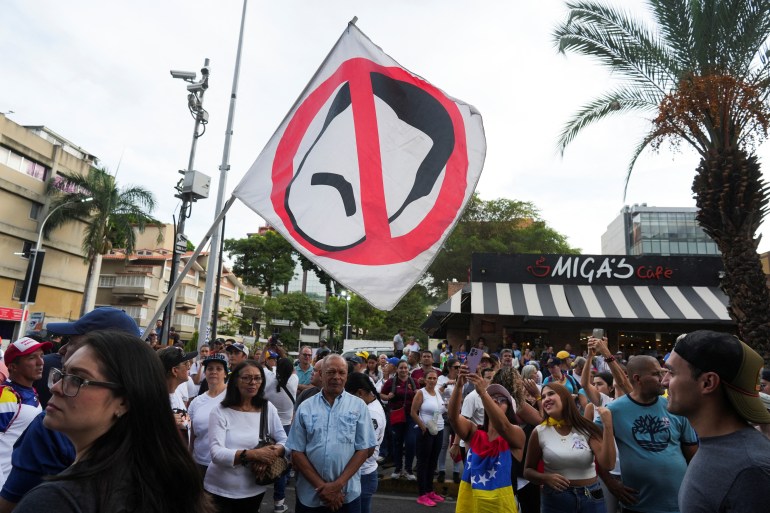On Sunday, voters in the South American nation of Venezuela will take part in what may be one of the most consequential elections in the country’s modern history.
After 11 years in power, President Nicolas Maduro is facing steep odds as he seeks a third term against opposition candidate Edmundo Gonzalez Urrutia.
Polls show Maduro trailing Gonzalez by nearly 40 points, as voters express exhaustion over Venezuela’s economic crisis and political repression.
But critics question whether Maduro will accept defeat if he is indeed trounced at the polls. The socialist leader has been accused of wielding his power to suppress potential rivals, arresting some and barring others from holding office.
Who are the candidates, what developments have we seen so far, and under what circumstances will voting take place? We answer these questions and more in this brief explainer.
When is the election taking place?
The election will take place on July 28, the birthday of the late Venezuelan President Hugo Chavez, Maduro’s mentor.
What do the pre-election polls show?
Maduro appears to be lagging behind his rival Gonzalez by a seemingly insurmountable margin.
The polling firm ORC Consultores shows Maduro with 12.5 percent support, compared with a whopping 59.6 percent for Gonzalez.
Another poll from the data firm Delphos and Andres Bello Catholic University showed Maduro with a slightly higher approval rating, about 25 percent. But he was again far behind Gonzalez, who pulled in more than 59 percent support in that poll as well.
Why is Maduro so unpopular?
Maduro has long struggled to muster the popularity of his predecessor, Chavez.
Since the mid-2010s, Venezuela’s economy has been in dire straits, as the price of its main export, oil, cratered.
The economic crisis triggered hyperinflation and severe economic strain. An exodus of people started to leave the country in search of opportunities elsewhere. Some critics blamed Maduro and his allies for corruption and economic mismanagement as well.
Sanctions imposed by the United States — in response to alleged human rights abuses and democratic backsliding — have compounded the economic crisis, according to experts.
Laura Dib, the Venezuela programme director at the Washington Office on Latin America (WOLA), a research and rights advocacy group based in…

